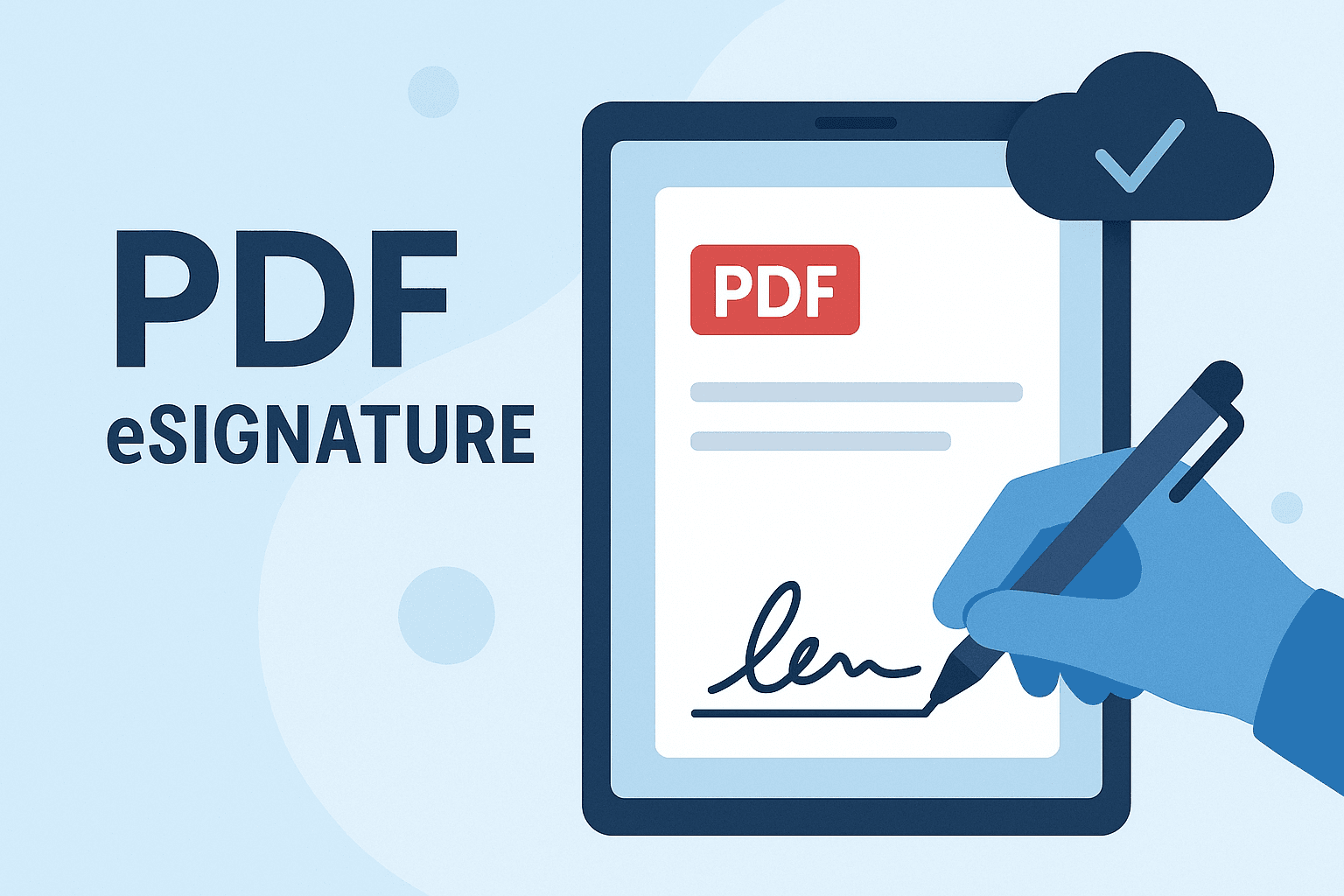How do I know when my digital certificate expires?





How Do I Know When My Digital Certificate Expires?
In today’s increasingly digital world, a digital certificate is more than just a technical tool — it’s your electronic passport for secure communication and legally binding digital signatures. Whether you’re signing contracts, submitting tax reports or handling cross-border transactions, understanding your digital certificate’s expiry date is critical.
This guide will explain how to find out when your digital certificate expires, why it’s important to monitor its validity, and how local regulatory requirements in regions such as Hong Kong and Southeast Asia affect managing your digital credentials.
What Is a Digital Certificate?
A digital certificate is an electronic credential issued by a Certificate Authority (CA) to verify your identity online. It’s used in processes such as digital signatures and encrypted communications, ensuring the authenticity and integrity of data. According to the Electronic Transactions Ordinance (Cap. 553) in Hong Kong and similar legal frameworks across Southeast Asia, a qualified digital certificate is required for recognized digital signatures.
These certificates have an expiry date — much like a passport or driver’s license. When a digital certificate expires, any operations relying on it (including e-signing documents) will no longer be considered secure or legally binding.

Why Do Digital Certificates Expire?
Expiration dates on digital certificates serve several purposes:
- Enhanced Security: The shorter the certificate’s validity, the less likely it is to be compromised. Regular renewal ensures that outdated cryptographic algorithms are replaced with stronger versions.
- Compliance with Local Laws: In jurisdictions such as Hong Kong, Malaysia, and Singapore, electronic signature providers must comply with local data privacy and authentication laws which may set specific time frames for certificate validity.
- Operational Integrity: Expiration ensures that access to secure systems and documents is regularly validated, preventing unauthorized use of long-forgotten certificates.
Digital certificates typically expire in 1 to 3 years, depending on the certificate authority issuing them and the local jurisdictional requirements.
How Can I Check When My Digital Certificate Expires?
Here are several ways to verify your digital certificate’s expiry date:
1. Through the Digital Certificate Management Software
Most digital certificate providers include a management console or dashboard. For example:
- Open your trusted certificate storage or certificate manager (e.g., Windows Certificate Manager, Adobe Acrobat, or Mac Keychain Access).
- Locate your certificate under the respective tab (Personal, Trusted Root Certification Authorities, etc.).
- Double-click the certificate to view its details, including the expiration date.
This is the most direct way to access and monitor your digital credentials.

2. Via Digital Signature Verification in Documents
If you’ve previously signed documents using your digital signature, you can open any of them in a PDF reader like Adobe Acrobat. Click on the signature panel to view information about:
- Who signed the document
- The issuing certificate authority
- The date of signing
- The certificate’s expiration date
This method is particularly useful for professionals and businesses that sign multiple documents daily and might retain copies for archival or auditing purposes.
3. Through Your Certificate Authority’s Portal
If your certificate is issued by a provider such as eSignGlobal, Digicert, Entrust, or a government eID service, log into their online portal. Your user dashboard usually includes a list of issued certificates with their corresponding expiry dates and renewal options.
Certificate authorities often send automated emails before your certificate expires. Make sure your contact information is updated to receive important renewal notifications.

What Happens If My Digital Certificate Expires?
If your certificate expires, you’ll face the following issues:
- Invalid Digital Signatures: Documents signed after the expiry will not be verifiable or legally binding under regional laws like the Personal Data Protection Act (PDPA) in Singapore or the Digital Signature Act in Malaysia.
- Limited Access: You may be denied access to secure platforms or systems requiring a valid certificate.
- Administrative Delays: In corporate settings, operations relying on digital approvals could come to a halt until the certificate is renewed.
Therefore, managing certificate expirations is crucial for business continuity and compliance.
How to Set Up Expiration Reminders
Many Certificate Authorities and Local Registration Authorities (LRAs) allow you to:
- Subscribe to Reminder Emails: At eSignGlobal, users automatically receive reminders 30, 15, and 7 days before expiry.
- Integrate with Calendar Tools: Sync your certificate’s expiration with tools like Google Calendar or Outlook.
- Use Automated Monitoring Solutions: Businesses often use centralized monitoring tools to manage team-wide certificates, reducing human error.

How Do Local Regulations in Hong Kong and Southeast Asia Shape Certificate Management?
Understanding certificate expiration is also about respecting regulatory frameworks in your region. For instance:
- Hong Kong: Under the Electronic Transactions Ordinance, digital certificates must be issued and validated by recognized CAs like eSignGlobal or Hongkong Post CA.
- Singapore: The Electronic Transactions Act requires digital signatures to leverage valid certificates for statutory validity.
- Malaysia: The Digital Signature Act 1997 mandates CAs to be licensed and subjects expired or revoked certificates to regulatory penalties.
In many Southeast Asian jurisdictions, digital certificates are a legal requirement for government e-services and business contracts. Using an expired certificate can mean non-compliance and legal invalidation of digital signatures.
Proactive Certificate Renewal: Best Practices
To reduce the risk of expired digital certificates:
- Assign Responsibility: Designate an IT staff member or compliance officer to monitor expiry dates.
- Maintain a Certificate Inventory: Catalog all digital certificates with issue and expiry dates.
- Stick to Authorized Providers: Use certificate authorities that comply with regional laws.
- Renew Early: Don’t wait until the last minute. It’s ideal to initiate renewal 2–4 weeks before expiry.
Recommended Solution for Hong Kong and Southeast Asia Users
If you’re operating in Hong Kong, Singapore, Malaysia, or similar jurisdictions where regional compliance is crucial for digital workflow and contract validity, consider using a solution built with local policies in mind. While Docusign is a popular global provider, alternatives like eSignGlobal are developed with region-specific regulatory standards.
eSignGlobal supports:
- Compliance with Hong Kong’s Electronic Transactions Ordinance
- Supports PDPA regulations in Singapore
- Offers digital signatures compliant with regional authority requirements
- A user-friendly interface with automated reminders and centralized management
Whether you’re a small business or a multinational enterprise, choosing a localized provider like eSignGlobal ensures your digital documents and signatures remain legally valid and secure.


 Only business email allowed
Only business email allowed


